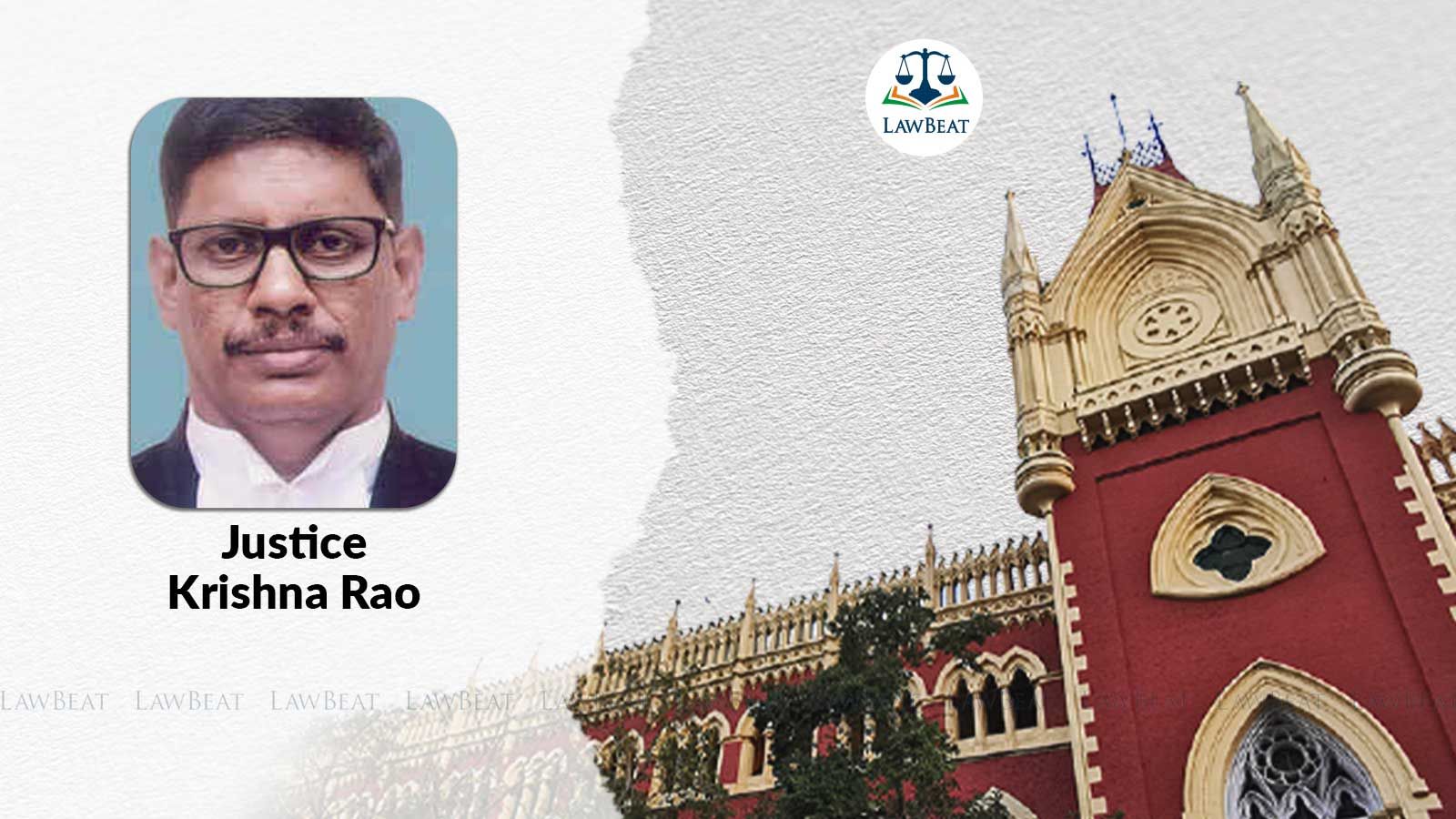Order of removal against CISF jawan who failed to open fire when required is valid: Calcutta High Court
Read Time: 09 minutes
Synopsis
The court was hearing the writ petition against the order dated January 28, 2003 passed by the Disciplinary Authority and the order dated May 31, 2003 passed by Appellate Authority
The Calcutta High Court recently ruled that the Disciplinary Authority and the Appellate Authority were correct in removing the petitioner from the Central Industrial Security Force (CISF).
The Single judge bench of Justice Krishna Rao held that it had been proved that the petitioner had committed gross misconduct as he failed to react and fire from his automatic service weapon to counterattack the militants and fled away from the spot after throwing away his service SMG carbine with three magazines full of 90 live around of 9 mm ammunition, leaving his colleagues and ONGC staffs into the mouth of death.
The court was dealing with a writ petition filed by the petitioner challenging the order passed by the Disciplinary Authority dated January 28, 2003, wherein the Disciplinary Authority has imposed punishment of removal from service of CISF with immediate effect and the order passed by the Appellate Authority dated May 31, 2003, wherein the order of punishment against the petitioner was upheld and the appeal filed by the petitioner is rejected.
In the present case, the petitioner was a CISF Constable who was promoted to the position of Head Constable, CISF Unit, ONGC, Jorhat on July 19, 1993. On June 24, 2002, the petitioner was detained for escorting of field party, GP-33 with arms SMG (Carbine 9 mm) and 90 rounds live rounds with three magazines.
The convoy of ONGC while returning from the field party was ambushed by the suspected militant group on their way back to base camp near Dhanshri railway station. On hearing, the first sound of firing, when the petitioner intended to get down from the vehicle, the petitioner fell down and got injured on his chest and started feeling giddy due to low pressure, the petitioner had taken possession in a bush which was at the distance of hundred (100) metres from the site of militants’ attack and the petitioner became unconscious.
On June 25, 2002, the petitioner in the morning went to the police station and informed the same to Officer-in-Charge about the occurrence.
On July 7, 2002, the Commandant, the Disciplinary Authority issued a Memorandum along with an Article of charges under Rule 36 of CISF Rule, 2001, on the allegation that the petitioner fled away from the scene of the incident leaving his colleague. The petitioner had submitted his reply but that was not satisfactory.
Advocate Abdul Hamid Molla, appearing for the petitioner before the present bench submitted that neither the Disciplinary Authority nor the Appellate Authority have considered the situation which the petitioner had faced on the date of the incident. He said that When the petitioner gains consciousness, he found dark night. Due to his weakness and bad weather, he could not able to move and was remain in the jungle for the whole night and nobody had come to search for the petitioner. The next day in the early morning, the petitioner through the railway track went to the station and reported the matter.
Molla also contended that the petitioner was not given an opportunity to adduce his evidence and to cross-examine the witnesses properly. He further stated that no enquiry report was given to the petitioner and the petitioner could not get a chance to file representation against the enquiry report.
Advocate Rudra Jyoti Bhattacharya appearing for respondents stated that the petitioner fled away from the scene of the incident leaving his colleagues and ONGC employees.
He further said that during the enquiry, the petitioner was present and, in his presence, all the witnesses were examined and the petitioner was given an opportunity to cross-examine the witnesses and some of them were cross-examined by the petitioner.
The court after considering all the arguments noted that 11 CISF personnel including the petitioner were on escort duty and out of 11 personnel in the escort party, 10 personnel had taken their position immediately on getting out of their vehicle and retaliated by opening fire at the militants, but petitioner not only failed to react and fire from his automatic service weapon to counter-attack the militants but also fled away from the spot.
The court said that the authorities had earlier passed the order of removing the petitioner from service after following due process of law without actuated by malafides.
Accordingly, the court dismissed the writ application filed by the petitioner.
Case Title: Mir Majibur Rahaman v. Union of India
Statute: CISF Rule, 2001










